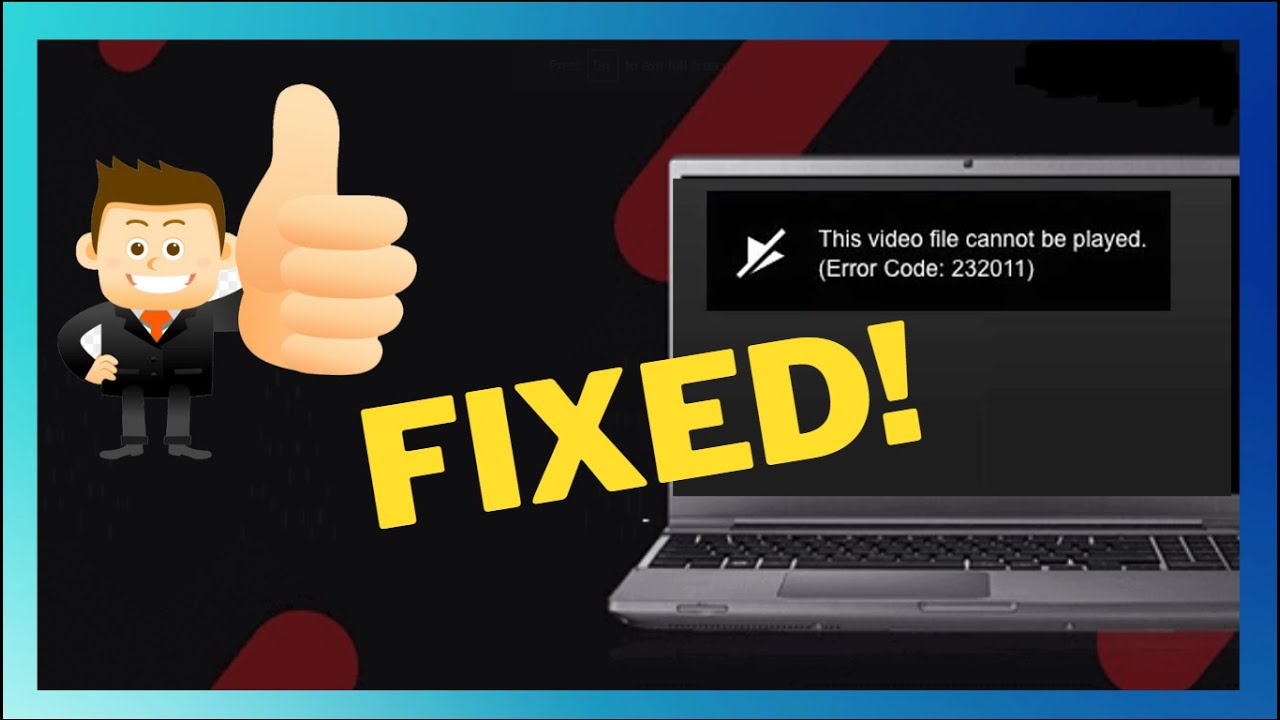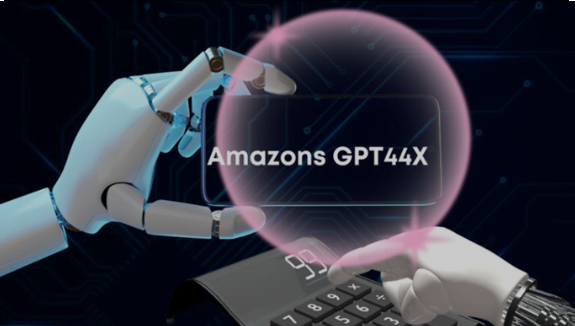Over the last thirty or so years, the typical workplace has been completely transformed. From the ubiquitous use of computers, smartphones, software and other cutting-edge tech, the way we work today is very different from how it was before – and this integration with technology in the work environment shows no signs of slowing.
Computers now
Today’s hugely powerful computers and applications are seeping into every aspect of work – so much so that many industry analysts suggest we’re currently in the middle of a fourth industrial revolution (often also referred to as Industry 4.0).
To see just how much tech is changing commerce, below are just a few examples.
The rise of e-commerce
Even just twenty years ago, online shopping was relatively uncommon and still very much in its infancy. While some more tech-savvy individuals had already jumped on the trend of buying online, it’s only really through the last decade that internet shopping has taken off.
While the e-com boom was slowly growing through this time, perhaps its defining moment came during the Coronavirus pandemic. With individuals confined to their homes through the isolation measures, shoppers had very little choice but to use online services. Indeed, experts suggest that the growth of e-commerce was accelerated by as much four to five years as a direct result of COVID.
The 3D print revolution
The popularity of 3D printing for commercial and industrial uses has been growing steadily but with the price point of machines constantly falling and the capabilities of systems increasing all the time, 3D printing is changing the supply chain and allowing firms of any size to produce their own 3D models of everything from tools to components. In particular, rapid prototyping 3d printing can allow companies to make huge reductions in the cost of production while also allowing multiple test models to be made.
The steady growth of Artificial Intelligence (AI) applications
The progress that has been made in Artificial Intelligence (AI) in recent times has been startling – especially over the last ten years. AI is now commonplace in many of today’s more common applications (for example, Gmail, Spotify, Netflix, etc, which all rely on AI extensively).
From a business perspective, integrating AI into your company’s operations has the potential to completely transform the way you work with smart, automated software taking care of your more time and money-draining duties – for example, accounting, CRM, employee management, etc.
Business integration with the cloud
Cloud technologies have completely transformed the modern workplace, allowing employees to work from virtually anywhere – even on the lowest-powered devices. As more and more companies continue to migrate their IT services to cloud providers, this technology will surely become yet more ubiquitous in the future.
Using cloud provisioning revolutionizes the way firms operate, encouraging online collaborative working while also giving staff access to their most used and most valuable applications and documents.
Moreover, a cloud provider will also look after and maintain a company’s IT resources, keeping them safe from the ever-present danger of online hackers – and all this while providing access to cutting-edge machines and software that would often otherwise be out of the reach of many firms (particularly smaller companies).









Leave a Reply